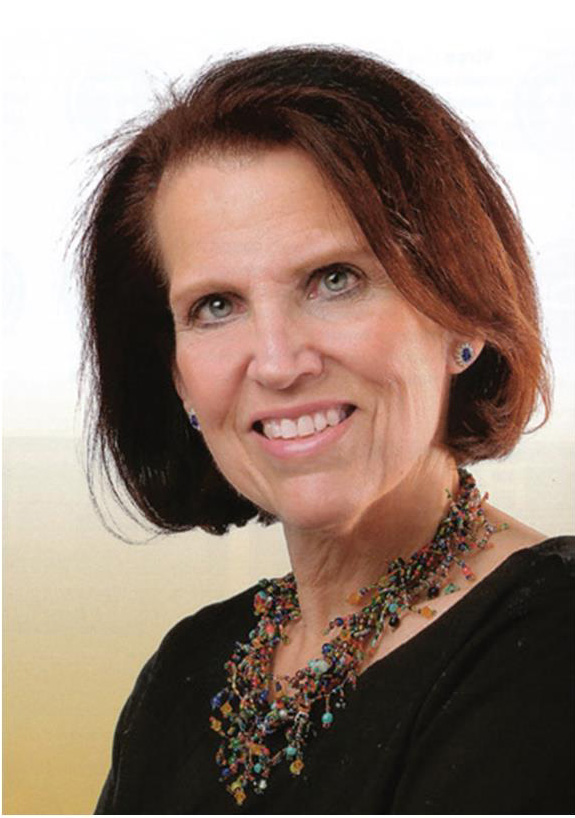Searching for top rated patient advocates for claim denials feels like looking for a ghost. You’ve just received that soul-crushing denial letter—a cold, bureaucratic gut-punch that feels like a final verdict. The insurance company has thrown up a brick wall, cloaked in confusing jargon, and left you feeling powerless, panicked, and completely alone. This isn’t just a financial setback; it’s a direct threat to your health and well-being. But what if the names on a list aren’t the answer? What if the real secret is knowing how to identify a true appeals specialist—a master strategist who can dismantle the insurer’s argument piece by piece? This guide will arm you with that insider knowledge, transforming you from a victim of the system into its interrogator.
Beyond the 5-Star Review: The Four Pillars of an Elite Advocate
Anyone can collect a few positive online reviews. But when your health and finances are on the line, you need more than testimonials. The truly top rated patient advocates for claim denials are not just generalists; they are specialists with a unique and verifiable skill set. Before you even look at a name or a company, you must evaluate them against these four non-negotiable pillars.
Pillar 1: Deep Specialization in Insurance Appeals
This is the single most critical factor. A general patient advocate who helps with care coordination is not the same as an appeals specialist. You need a professional whose primary focus is battling insurance companies. Their expertise isn’t broad; it’s a laser beam aimed directly at the internal and external review processes. They understand the ERISA laws that govern many health plans and know the specific language and clinical evidence required to overturn a denial.
Pillar 2: A Verifiable and Relevant Track Record
Don’t be swayed by vague promises of “high success rates.” Demand proof. A top-tier advocate will be able to provide anonymized case studies or specific examples of denials they have successfully overturned that are similar to yours. Were they fighting a “not medically necessary” denial for a specific surgery? An “experimental treatment” denial for an oncology drug? Their past victories are the best predictor of your future success.
Pillar 3: A Transparent and Aligned Fee Structure
Confusion over fees is a major red flag. Elite advocates are upfront about their costs. For claim denials, the most common and often preferred model is the contingency fee. This means they only get paid if they win your case, typically taking a percentage of the money they save or recover for you. This structure perfectly aligns their interests with yours—they are powerfully motivated to win. Other models, like hourly or flat-fee retainers, can be appropriate in certain complex cases, but you should understand exactly what you’re paying for.
Pillar 4: Professional Credentials and HIPAA Compliance
Legitimacy matters. Look for advocates with credentials like Board Certified Patient Advocate (BCPA), which demonstrates a commitment to ethical standards and professional knowledge. Crucially, they must be fully HIPAA compliant, ensuring your sensitive medical information is handled with the utmost security and confidentiality.
The Litmus Test: Do They Specialize in Your Type of Denial?
Not all claim denials are created equal. An advocate who is a genius at fighting billing code errors may be out of their depth with a complex clinical denial. Your first question shouldn’t be “Can you help me?” but rather, “What is your experience with denials based on your specific reason?”
Mastering “Medical Necessity” Denials
This is the most common reason for denial. It’s the insurer’s way of saying, “We don’t agree that you needed this.” A specialist in this area knows how to work with your doctor to build an ironclad case file, gathering peer-reviewed medical journals, letters of medical necessity, and clinical guidelines to systematically dismantle the insurer’s position.
Navigating “Experimental Treatment” Roadblocks
For patients with rare or advanced diseases, this denial can feel like a death sentence. An advocate who specializes here knows how to argue that a treatment, while perhaps new, is the standard of care within the expert medical community. They are skilled at finding the specific clinical trial data and expert opinions needed to force the insurer to reconsider.
Vetting the Track Record: Questions That Reveal True Expertise
During your initial consultation, you are the one conducting the interview. Use these questions to cut through the sales pitch and gauge their actual competence.
“Can you walk me through your process for a first-level appeal versus a third-party external review?”
“How do you collaborate with my physician’s office to gather the necessary clinical documentation?”
“What is the most common mistake you see people make when they try to appeal a denial on their own?”
“Based on the initial details of my case, what do you foresee as the biggest challenge?”
“What is your preferred method of communication, and how often can I expect to receive updates?”
The quality and confidence of their answers to these questions will tell you everything you need to know.
Your Quick Questions Answered
Q: How do I find top rated patient advocates for claim denials? A: Start by searching for specialists, not generalists. Use the four pillars—appeals specialization, verifiable track record, transparent fees, and credentials—to vet any individual or company you find through directories like the National Association of Healthcare Advocacy (NAHAC) or AdvoConnection.
Q: How much does it cost to hire an advocate for a claim denial? A: Most operate on a contingency fee basis, charging 15-35% of the money they save you only if they win the appeal. Some may charge hourly rates ($100-$500/hr) or a flat fee for specific services like a case review.
Q: What is the success rate for appealing a denied claim? A: Success rates vary wildly based on the case details. However, studies show that patients who appeal often win, and those who use a professional advocate can significantly increase their odds, as they can navigate the complex administrative and clinical arguments more effectively than an individual.
Your Advocate is Your Strategist, Not Just Your Supporter
Choosing the right advocate is the most important decision you’ll make in this fight. You are not looking for a sympathetic ear; you are hiring a strategic expert to represent you in a high-stakes negotiation. You now have the insider’s checklist to look past the marketing slogans and 5-star ratings to identify a true professional who has the specific skills to win your appeal. Take this framework, begin your interviews, and select the champion who can turn your denial into a victory.
The number on that bill isn’t the final word. The denial from your insurer is not the end of the road. You’re holding a piece of paper that feels like a judgment, but what if it’s just their opening offer in a negotiation they hope you’ll never start?
Stop wondering and stop fighting this exhausting battle alone. Discover the errors they missed and the powerful arguments they don’t want to hear. A single conversation can be the turning point that lifts this crushing weight from your shoulders. Your story deserves to be heard by an expert who is ready to fight for you, not just with you.
End the sleepless nights. Call (845) 238-2532 now for a confidential, no-obligation strategy session and discover what’s truly possible.
You now have the insider’s checklist. You know the tough questions to ask, the credentials to demand, and the difference between a generalist and a true appeals strategist.
The choice now is simple: you can spend weeks searching and vetting, losing precious time while the stress mounts. Or you can make one phone call.
That denial letter is a carefully crafted weapon designed to make you feel powerless and give up. We have spent years crafting the strategies to dismantle it. What would it feel like to hand this entire nightmare over to an expert before you go to sleep tonight?
The fight is exhausting. Your next step doesn’t have to be.
Call (845) 238-2532 now. It’s time to turn their final word into your first win.

